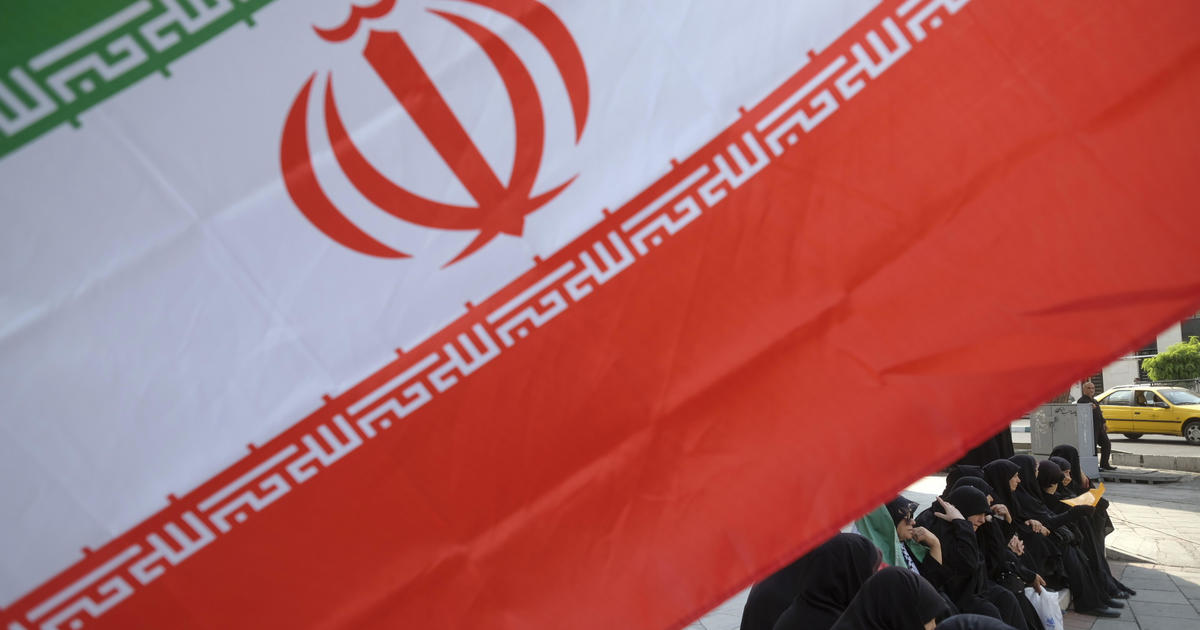
Iran is targeting the U.S. election with fake news sites and cyberattacks, Microsoft says

Iran is accelerating online activity that appears intended to influence the U.S. election, in one case targeting a presidential campaign with an email phishing attack, Microsoft said Friday.
Iranian actors also have spent recent months creating fake news sites and impersonating activists, laying the groundwork to stoke division and potentially sway American voters this fall, especially in swing states, the technology giant found.
The findings in Microsoft’s newest threat intelligence report show how Iran, which has been active in recent U.S. elections, is evolving its tactics for another election that’s likely to have global implications. The report goes a step beyond anything U.S. intelligence officials have disclosed, giving specific examples of Iranian groups and the actions they have taken so far. Iran’s United Nations mission denied it had plans to interfere or launch cyberattacks in the U.S. presidential election.
recent warnings from U.S. intelligence officials, who say America’s adversaries appear determined to seed the internet with false and incendiary claims ahead of November’s vote.
Top intelligence officials said last month that Russia continues to pose the greatest threat when it comes to election disinformation, while there are indications that Iran is expanding its efforts and China is proceeding cautiously when it comes to 2024.
Iran’s efforts seem aimed at undermining candidates seen as being more likely to increase tension with Tehran, the officials said. That’s a description that fits Trump, whose administration ended a nuclear deal with Iran, reimposed sanctions and ordered the killing of the top Iranian general.
An update last month from officials with the Office of the Director of National Intelligence (ODNI), FBI and Department of Homeland Security concluded that Tehran’s efforts appeared designed to undercut Trump.
“Since our last update, the [intelligence community] has observed Tehran working to influence the presidential election, probably because Iranian leaders want to avoid an outcome they perceive would increase tensions with the United States,” a senior ODNI official said, adding, “Iran’s preference is essentially a reflection of its desire to not worsen tensions with the United States, and Iran is opposing the candidate that Iran’s leaders perceive would increase those tensions.”
The officials did not explicitly name the Trump campaign and referred instead to the key findings of the 2020 assessment. They also stressed that most of Iran’s online activities, which they said rely on a “vast web” of internet personas, have been focused on stoking chaos and societal divisions.
The influence efforts also coincide with a time of high tensions between Iran and Israel, whose military the U.S. strongly supports.
Director of National Intelligence Avril Haines said last month that the Iranian government has covertly supported American protests over Israel’s war against Hamas in Gaza. In the statement, issued on July 9, Haines said the intelligence community had “observed actors tied to Iran’s government posing as activists online seeking to encourage protests and even providing financial support to protesters.”
America’s foes, Iran among them, have a long history of seeking to influence U.S. elections. In 2020, groups linked to Iran sent emails to Democratic voters in an apparent effort to intimidate them into voting for Trump, intelligence officials said.
Source: cbsnews.com